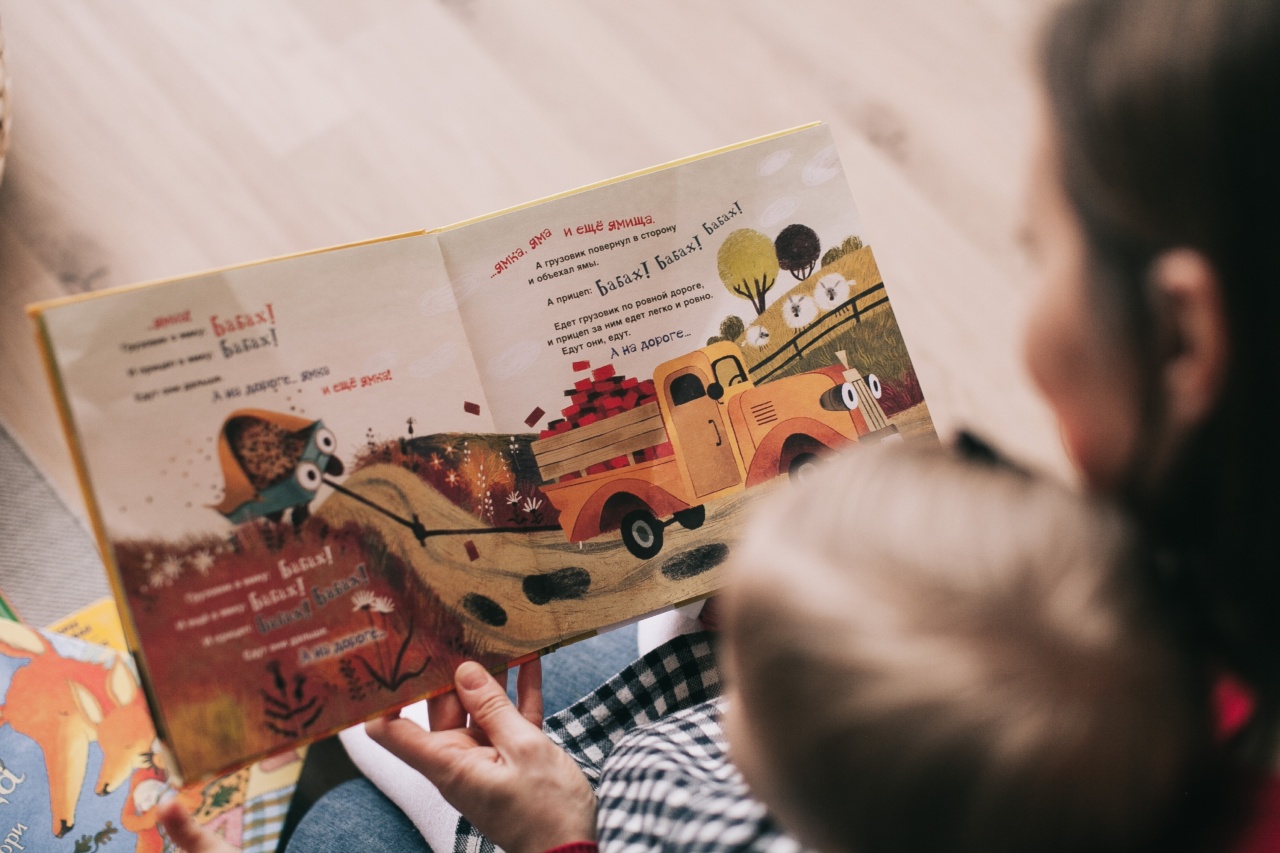As an expectant mother, there are countless new experiences and sensations that you may encounter throughout your pregnancy journey.
From the miracle of feeling your baby’s first kick to the overwhelming joy of nurturing a life within you, each milestone brings a unique sense of wonderment. One of the most significant milestones for first-time mothers is experiencing their baby’s kicks.
These gentle nudges and flutters not only signify the growth of your little one but also establish a profound connection between you and your unborn child. In this article, we will explore what baby kicks are, when to expect them, and the emotions they evoke for first-time moms.
What Are Baby Kicks?
Baby kicks, also known as fetal movements, are the sensations felt by expectant mothers as their baby moves and stretches inside the womb. At first, these movements might be quite subtle, feeling like gentle flutters or bubbles.
As your baby continues to grow and become stronger, the kicks and movements will become more pronounced, resembling distinct jabs or rolls. Each baby’s pattern of movements may vary, but feeling those tiny kicks is an exciting reminder of your baby’s presence and well-being.
When Can You Expect to Feel Your Baby’s Kicks?
For first-time mothers, feeling those initial flutters can be somewhat elusive. Most first-time moms start to feel these movements, known as quickening, between 18 and 25 weeks of pregnancy.
However, every pregnancy is unique, and many factors can influence when you first feel your baby’s kicks. Factors such as your body size, the position of the placenta, and the activity level of your baby can all impact when you’ll feel those magical movements.
Don’t worry if you haven’t felt anything by the 25th week; it’s always a good idea to consult your healthcare provider if you have concerns.
What Do Baby Kicks Feel Like?
Describing the sensation of baby kicks can be challenging, as it differs for every woman. Some expectant mothers compare the feeling to bubbles popping or butterflies fluttering in their stomach.
Initially, these sensations may be mistaken for gas or digestion. However, as your baby continues to grow, the movements become more pronounced and stronger, making them unmistakable.
It’s important to note that baby kicks should never cause you pain, so if you experience any discomfort, discuss it with your healthcare provider.
Why Do Babies Kick?
Baby kicks serve several essential purposes throughout pregnancy. Initially, your baby’s movements aid in their own physical development. These early kicks help strengthen their muscles and bones, preparing them for life outside the womb.
Additionally, fetal movements promote proper brain development, as they allow your baby to explore and understand their environment from an early stage.
In the later stages of pregnancy, baby kicks become an indicator of your baby’s overall well-being. Consistent and regular movements assure you that your little one is alive and active.
Should your baby’s movements suddenly decrease or become irregular, it could be a sign of distress, and you should consult your healthcare provider.
Tracking Your Baby’s Kicks
Keeping track of your baby’s kicks can be a reassuring and enjoyable activity for many mothers-to-be. By establishing a regular pattern of movement, you become attuned to your baby’s behavior and can easily identify any significant changes.
While there is no specific requirement for how often your baby should kick, many healthcare professionals recommend monitoring kick counts after 28 weeks of pregnancy. Aim for 10 distinct movements within a two-hour period, preferably when your baby is most active. If you are ever concerned about your baby’s movements, don’t hesitate to reach out to your healthcare provider.
The Emotional Journey of Feeling Baby Kicks
Experiencing the first kicks of your baby is an emotional milestone that can evoke an array of feelings for first-time moms. The initial sensation of those gentle flutters often brings a mixture of awe, excitement, and joy.
Each subsequent kick reinforces the bond between you and your baby, providing a sense of reassurance and a tangible connection. As the kicks grow stronger and more frequent, you may even find yourself laughing or getting teary-eyed at the sheer wonder of new life growing inside you.
Feeling baby kicks can also provide a sense of comfort during times of worry or stress. On days when you’re feeling anxious about your baby’s well-being, their reassuring movements can ease your concerns and bring a sense of calm.
The kicks serve as a constant reminder that your body is nurturing and protecting a tiny miracle.
Sharing the Experience
The joy of feeling baby kicks is not reserved solely for the expectant mother. Partners, family members, and close friends can also play a role in this beautiful journey.
As the mother-to-be, conveying the excitement and significance of these movements to your loved ones can create a shared experience and deepen the bond you already have with your baby.
Allowing others to place their hands on your belly and feel the baby’s kicks can be a heartwarming moment for everyone involved.
It allows your loved ones to partake in this magical journey and fosters a sense of connection to the new life that will soon join your family.
Conclusion
For first-time mothers, the sensation of feeling their baby’s kicks is an indescribable experience. From the initial flutters to the powerful jabs, each movement signifies the growth and well-being of your baby.
These kicks establish a deep emotional bond between you and your little one, providing moments of joy, reassurance, and wonderment throughout your pregnancy journey. Enjoy this special time, cherish the kicks, and embrace the beautiful bond you share with your unborn child.































